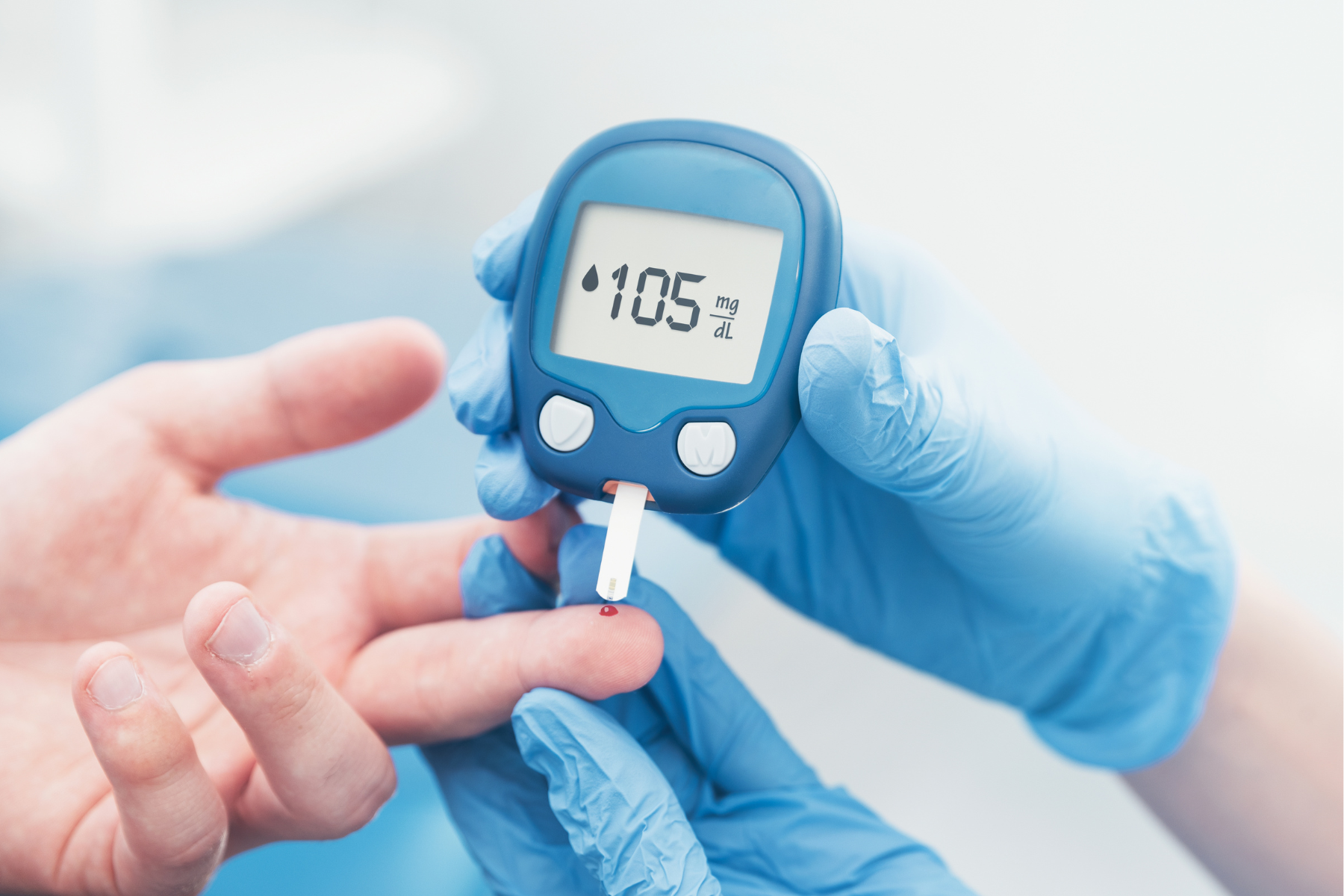Metabolic Syndrome Explained: Why It’s Not Always About Obesity Alone
So, what is metabolic syndrome? Before I started studying nutrition and researching what food does in the body, I had never even heard the term. What I had heard about, as most of us have, were the individual conditions high blood pressure, high blood sugar, cholesterol issues, or weight gain around the waist. These are problems we either deal with ourselves or know someone close to us who does. Only later did I realize these conditions are connected, often showing up together as part of something bigger called metabolic syndrome.
Dr. Paul Mason, a physician who has become a strong voice in the nutrition space, explains metabolic syndrome in a way that makes sense. It is not one disease, but a collection of signs that your metabolism is under stress. The five markers doctors look for are high blood sugar, high blood pressure, high triglycerides, low HDL cholesterol, and excess fat around the waist. If you meet three or more of these, you are considered to have metabolic syndrome.
What struck me most was hearing Dr. Mason share that he himself developed metabolic syndrome while working as a doctor, even though he wasn’t obese. This challenges the common idea that only people who are visibly overweight are at risk. The truth is, you can look slim on the outside and still have a metabolism that is breaking down inside.
The central issue is insulin resistance. Insulin is a hormone that not only helps move sugar from the blood into cells, but it also signals the body to store fat. The first place that fat often collects is around the organs, which is known as visceral fat. When diets are filled with refined carbs, sugars, and processed foods, insulin levels stay high for long periods of time until the body no longer responds well. Over time, blood sugar rises, visceral fat builds up, and inflammation spreads. This silent process links together the five criteria of metabolic syndrome and explains why it is tied to serious conditions like type 2 diabetes, heart disease, fatty liver, and dementia.
The encouraging part is that metabolic syndrome is reversible. Medications manage the symptoms, but the root cause needs a different approach. Lowering insulin is the key. This happens by cutting back on refined carbs and sugar and focusing instead on whole, nutrient-dense foods, meat, fish, eggs, non-starchy vegetables, and natural fats. A low-carb approach like this not only reduces insulin but also decreases visceral fat and improves every marker of metabolic syndrome over time.
Lifestyle matters too. Daily movement, even walking, improves insulin sensitivity. Better sleep lowers stress hormones that interfere with metabolism. Managing stress helps bring blood sugar into balance. Each of these steps supports your body’s natural ability to heal.
Metabolic syndrome is serious, but it is also a clear signal that something needs to change. You don’t need to accept a future of diabetes or heart disease. By changing how you eat, moving your body, sleeping better, and lowering stress, you can restore balance. Dr. Mason’s story is a reminder that metabolic syndrome doesn’t only affect people who are obese. It can happen to anyone and it can also be reversed when we take back control of what goes on our plate and how we live each day.
Dr. Paul Mason Reference & Videos
If you want to hear Dr. Mason talk about his own experience and the science, here are some good YouTube videos:
Dr. Paul Mason - “Treating Metabolic Syndrome” — a full talk where he describes the five criteria, how metabolic syndrome develops, and his own story. YouTube
How to Know if You Have Metabolic Syndrome — Dr. Mason explains what to look for clinically. YouTube
Dr. Paul Mason: How Insulin Resistance Drives Metabolic Disease — deep dives into insulin’s role. YouTube
Disclaimer: The content shared here is for informational and educational purposes only and should never be taken as medical advice.
In writing this blog post, my goal is to distill research findings into a clear, approachable format that encourages critical thinking and empowers you to make informed decisions about your health.

